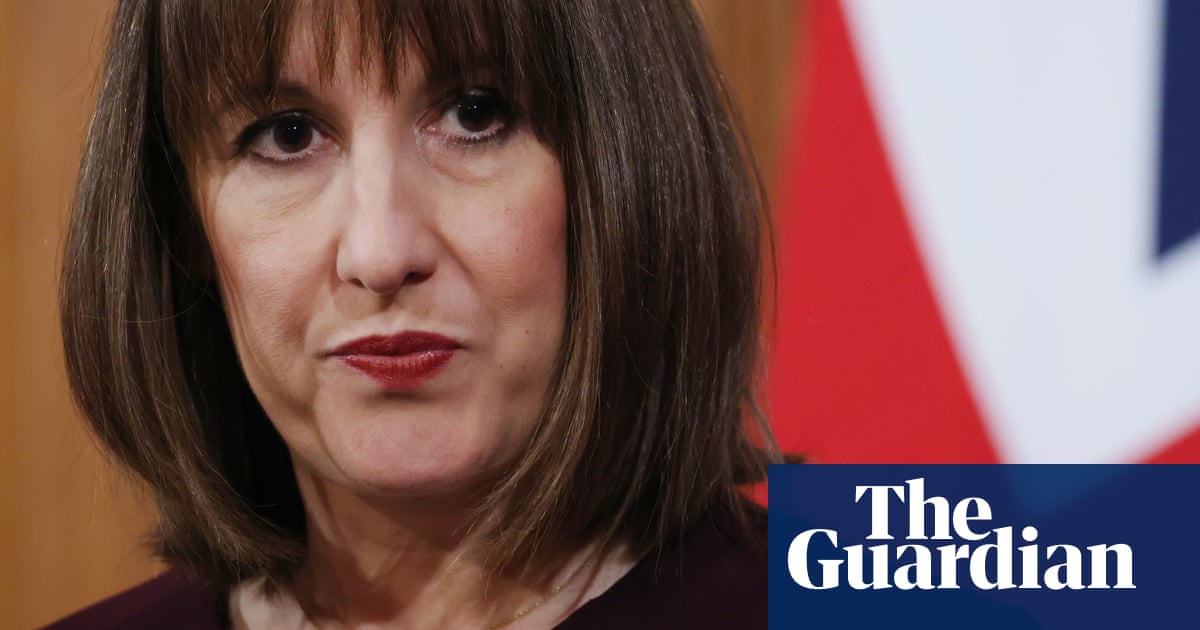Rachel Reeves is preparing to announce billions of pounds’ worth of extra spending for areas outside south-east England at next month’s spending review, after rewriting Treasury investment rules.
The chancellor will unveil the extra capital spending after a review of the Treasury’s “green book”, which determines how officials calculate the costs and benefits of a scheme.
Critics say the rules are biased in favour of more economically productive areas of the country, and Reeves has promised a review to be published on the same day as the spending review.
The announcement, which was firstrevealed by the Times, comes as ministers look for ways to combat the threat of Reform UK in the “red wall” of seats in the north and Midlands, which were won by the Conservatives in 2019 and taken by Labour last year. Those areas are likely to be hit by reduced departmental spending, which Reeves will also lay out at the spending review.
Reevessaid in January: “As the metro mayor of Liverpool, Steve Rotheram, has called for, we will review the green book and how it is being used to provide objective, transparent advice on public investment across the country, including outside London, and the south-east.
“This means that investment in all regions is given a fair hearing by the Treasury that I lead.”
Rotheram previously called the green book review “one of the wonkiest and most technical changes possible” but also “one of the most impactful and most transformative changes possible”.
Officials confirmed on Friday there would be billions of pounds of extra investment spending on schemes such as energy projects, roads and rails outside London and the south-east.
Keir Starmer has said that Reform poses the biggest electoral threat to Labour, having picked up significant support in northern former industrial areas since last year’s election.
The prime minister gave aspeech on Thursdayin which he argued the Tories were “sliding into the abyss”, leaving Reform as his party’s main political opponents.
Speaking at a glass factory in St Helen’s, Starmer attempted to puncture the appeal of the Reform leader, Nigel Farage, in similar areas of the country. “Unlike Nigel Farage, I know what it’s like growing up in a cost of living crisis. I know what it’s like when your family can’t pay the bills, when you fear the postman, the bills that may be brought.”
Reeves is not the first chancellor to change the green book rules. Five years ago, Rishi Sunak did the same thing, also with a view to making sure investment was better spread out across the UK.
Sign up toFirst Edition
Our morning email breaks down the key stories of the day, telling you what’s happening and why it matters
after newsletter promotion
That reviewordered officials to take account of the government’s social and environmental policies when deciding whether to approve projects. The review also instructed them to pay attention to how a scheme might interact with others in the local area, in an attempt to increase spending in more poorly resourced parts of the country.
Despite these changes however, both Sunak and Reeves have been accused of continuing to favour the south-east with their spending plans.
When Sunak scrapped part of the HS2 rail line in 2023 for example, he replaced it with a series of transport schemes which were badged as “Network North”but includedhundreds of millions of pounds for London and the south-east.
When Reeves announced a series of measures earlier this year designed to boost economic growth,she put at its heartplans to expand Heathrow airport and improve transport links between Oxford and Cambridge.
